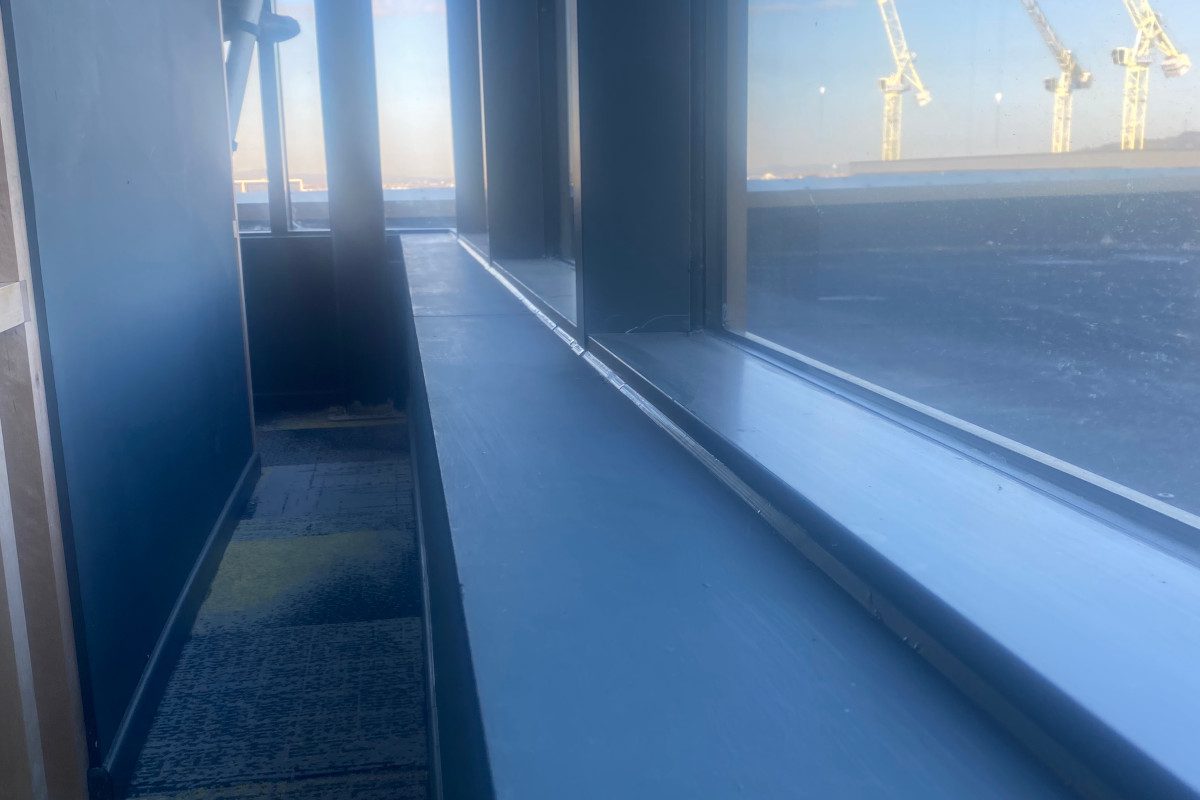Nature-based infrastructure solutions can influence 79% of all targets across the Sustainable Development Goals, highlighting the critical role nature can play in advancing sustainable development, climate action and biodiversity conservation, according to a new report by the UN Environment Programme (UNEP), UNOPS, and the University of Oxford.
Nature-based infrastructure solutions use nature to provide services relevant to the functioning of infrastructure. Services can either be delivered directly by nature-based infrastructure — for example, when vegetation is used to stabilise a slope, or indirectly — for example, when that stable slope helps to ensure that an adjacent road is functioning.
The Global Infrastructure Hub estimates that meeting the global demand for services by 2040 will require almost US$100 trillion of investment in sustainable infrastructure. These services are central to achieving the SDGs and other development objectives, and nature-based infrastructure can play a major role in delivering them in a cost-effective, sustainable, and resilient way.
The report finds that the greatest impact on the SDGs is achieved when nature-based solutions are combined with built infrastructure assets. In combination, they influence up to 95% of all SDG targets. With respect to the Global Biodiversity Framework, nature-based infrastructure can influence three of the four long-term goals and 70% of the 23 targets.
The authors also emphasise the key contributions of nature-based infrastructure solutions to mitigation and adaptation objectives within the Paris Agreement. Nature-based infrastructure solutions can contribute to climate adaptation by protecting communities and infrastructure from the impacts of climate change, as well as support national adaptation outcomes more broadly, by creating more resilient economies, societies, and ecosystems.
The report describes, for example, how restoration of coral reefs, mangroves, and other shoreline vegetation has helped to provide flood protection and livelihood opportunities for more than 8,600 people in Dar es Salaam, Tanzania, where USD 5.3 billion worth of public and private infrastructure assets are at risk from flooding.
Nature-based infrastructure offers a range of mitigation benefits, including carbon sequestration services and avoiding land use change. The report highlights that nature-based solutions can also play another key mitigation role – by removing or reducing greenhouse gas emissions that result from the construction and operation of new conventional – or “grey” – infrastructure. Green roofs, for example, have doubled the lifespan of roofs at Chicago O’Hare airport, reducing the need for repair and replacement.
Moreover, because nature-based infrastructure by definition includes benefits for nature, it can help to halt and reverse the loss of nature.
Nature-based solutions to manage vegetation under transmission lines in Belgium, for example, have been successful in increasing biodiversity and will reduce maintenance costs by 1.5 to 4 times over a 30-year period.
This report aims to support efforts to increase the use of nature-based solutions as a key component of sustainable infrastructure systems. In addition to charting the benefits, it also presents the main barriers to implementing nature-based infrastructure solutions and introduces some recommendations on what different actors can do to overcome these obstacles.
Key among the recommendations are the need for interdisciplinary and cross-sectoral collaboration by policymakers and practitioners to integrate nature into “mainstream” infrastructure planning and design, more data on the long-term performance of nature-based infrastructure, and the development of innovative financing models that can account for its wide ranging benefits.
Speaking on the publication of this new report, UNOPS Deputy Director of the Infrastructure and Project Management Group (IPMG), Steven Crosskey said: “Decisions now on infrastructure investments can determine the ability to achieve our collective global agenda with regards to the agenda 2030, including tackling the triple planetary crises of climate, environment and biodiversity loss to ensure the quality of our common future.. This report highlights how we can approach nature-based solutions within infrastructure planning, implementation and operations that can provide both human and biodiversity benefits, while reducing green gas emissions.”
UNEP Industry and Economy Division Director, Sheila Aggarwal-Khan said: “The world is facing the enormous challenge of meeting the rapidly increasing demand for infrastructure services in a way that is low carbon, resource efficient, nature positive. This report highlights the crucial role that natural infrastructure plays in delivering many of the services and co-benefits that underpin sustainable development and healthy, resilient societies, increasing positive SDG impacts by close to 50% in some sectors. To realise these benefits, we must plan infrastructure in a way that accounts for and safeguards our natural assets.”
















